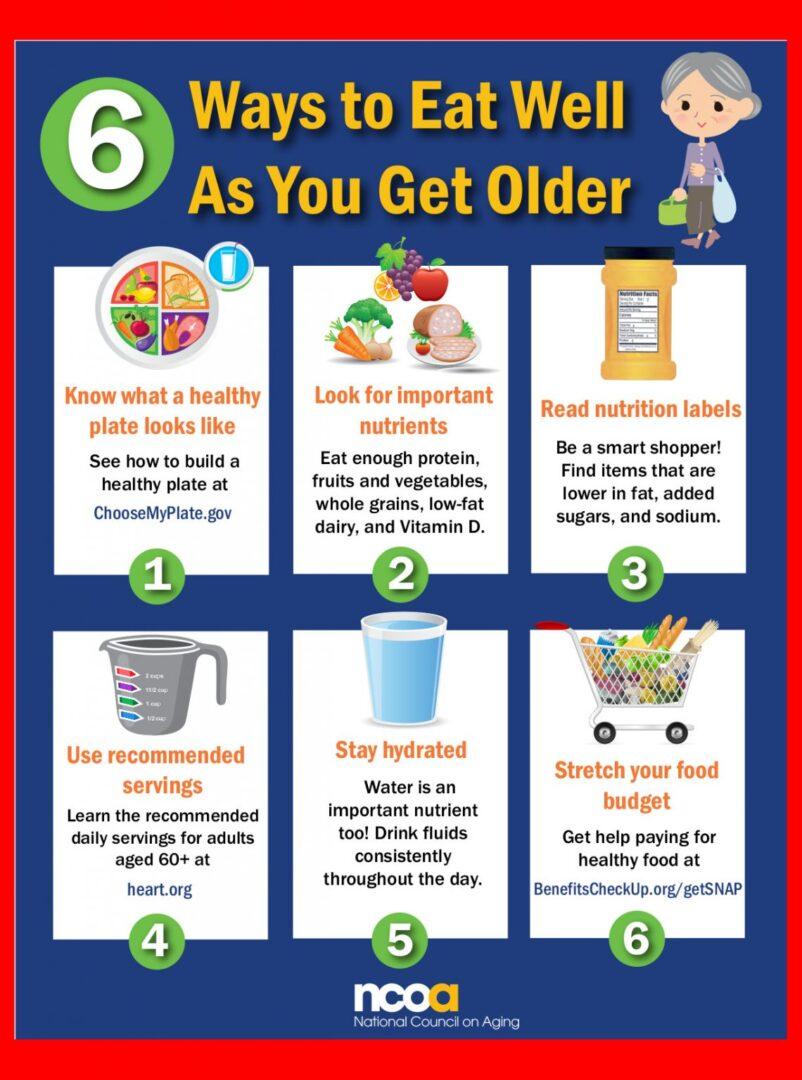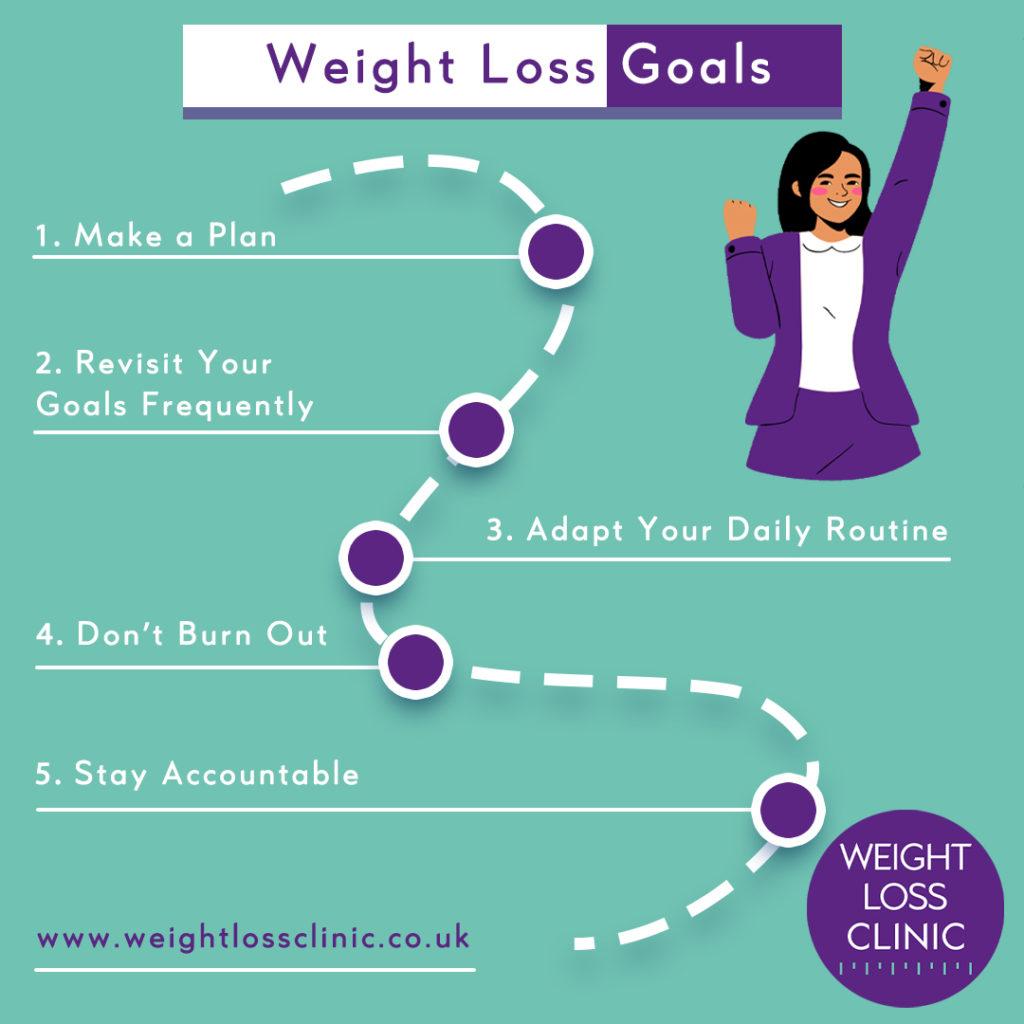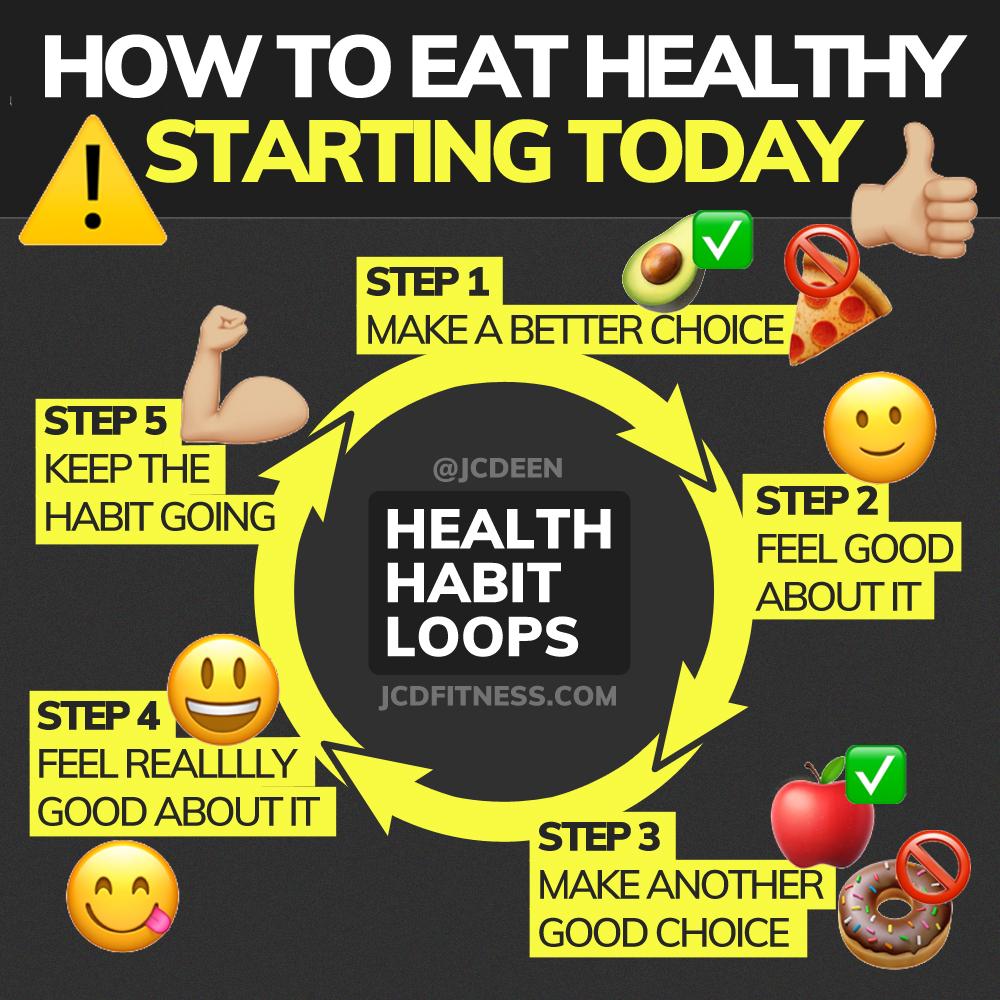Have you ever looked in the mirror and thought, “Where did all those extra pounds come from?” If you’re in your 60s or beyond, you’re certainly not alone in grappling with weight changes that can feel frustrating and out of your control. Whether it’s due to slower metabolism, changes in activity levels, or simply the challenges of maintaining a balanced diet, many people find themselves facing these hurdles. In this article, we’ll explore some practical strategies tailored specifically for those over 60—strategies that can help you not just lose weight, but also embrace a healthier lifestyle. We’ll share tips on nutrition, exercise, and mindset to make the journey easier and more enjoyable. So, if you’re ready to uncover some effective ways to shed those extra pounds and feel vibrant again, stick around. You might just find the support and insights you’ve been looking for.

Understanding Weight Loss for 60 Plus
As we age, our bodies change—metabolism slows down, and muscle mass often decreases. This can lead many to feel that weight loss is nearly impossible in their golden years, but that’s a misconception! Think of it as a journey rather than a destination. According to the National Institutes of Health, older adults who adopt a balanced diet, rich in proteins and nutrients, combined with moderate physical activity, can effectively manage their weight. Have you thought about how simple shifts in your daily routine, like taking a brisk walk or trying out a new vegetable recipe, might inspire significant changes? It’s all about making small, sustainable choices that keep you motivated.
Recognizing that weight loss is not just about cutting calories but rather about nourishing your body is crucial. Have you ever wondered what role your emotional health plays in your eating habits? Many find that stress or loneliness can trigger unhealthy snacking or overeating. By integrating mindfulness practices, such as yoga or meditation, you can cultivate a healthier relationship with food. The Harvard Health Blog highlights that being in tune with our feelings can help us make better dietary choices. It’s not just what you eat but how you approach it; are you mindful, or are you eating on autopilot?
Lastly, let’s talk about the power of community. Have you considered how social connections can impact your weight loss journey? Engaging with a group—whether it’s a walking club, a gardening class, or even online forums—can provide the motivation and support you need to stay on track. Studies show that people in supportive environments tend to stick to their goals more effectively. Imagine sharing successes or new recipes with others, celebrating small wins, and finding accountability in friendships! Don’t hesitate to look for local resources or even start your own group. After all, the journey of weight loss doesn’t have to be walked alone.

Nutritional Guidelines for Seniors
As we age, our nutritional needs change in fascinating ways. Did you know that your metabolism naturally slows down, which means that the same meal you enjoyed in your 40s might impact your body differently now? This is why it’s essential to focus on nutrient-dense foods rather than simply cutting calories. Think about it: instead of reaching for that bland boiled chicken breast, why not savor a well-seasoned dish packed with vibrant vegetables? Foods rich in fiber, protein, and healthy fats not only help manage weight but also keep you feeling fuller for longer. Consider incorporating items like legumes, whole grains, and fresh fruits into your meals. By making these changes, not only do you nourish your body, but you also get to feast your senses!
Another intriguing aspect is the impact of hydration on weight management. Many older adults underestimate the importance of water, mistaking thirst for hunger. Ever found yourself reaching for a snack when what you really needed was a glass of water? Staying well-hydrated can boost your metabolism and aid in digestion, making it crucial to keep a water bottle within arm’s reach. Aim for 8-10 cups daily, and don’t forget that herbal teas and broths count! As a rule of thumb, try having a glass of water before each meal — it’s a simple trick that can help prevent overeating.
let’s not overlook the power of planning and mindfulness in eating. Engaging with your meals thoughtfully rather than mindlessly munching can transform the way you experience food. Perhaps dedicate time each week to prepare meals in advance. Not only does this ensure you have healthy options on hand, but it also allows you to explore new recipes! Plus, studies from institutions like the USDA show that mindful eating can reduce the risk of weight gain over time. So why not turn lunch into a mini-exploration of flavors? Consider setting the table, lighting a candle, or even journaling about how that meal made you feel. Eating isn’t just about sustenance; it’s an opportunity to celebrate the amazing journey you’re on.

Effective Workouts for Older Adults
As we age, staying active can feel like an uphill battle, but embracing workouts tailored for older adults can transform this experience into a rewarding journey. Strength training is often misunderstood; many might think it’s only for bodybuilders or younger gym-goers. However, incorporating 2-3 sessions a week can significantly enhance muscle mass, improve balance, and even combat age-related muscle loss. Think about it: when was the last time you attempted to lift something heavy? Enhancing strength can make those everyday tasks—like carrying groceries or getting up from a chair—much easier. You don’t have to lift weights; consider using resistance bands or body-weight exercises like squats and push-ups. The results not only boost physical health but also confidence!
Cardiovascular health is equally essential, and low-impact aerobic exercises can work wonders. Activities like brisk walking, swimming, or even dancing not only get the heart pumping but can also be enjoyable social experiences. If you’re worried about joint discomfort, try cycling or water aerobics, which are gentle yet effective. Surveying your community, you may find walking groups or local classes that encourage connection while breaking a sweat. A study from the American College of Sports Medicine suggests that just 150 minutes of moderate activity each week can reduce the risk of chronic diseases and enhance overall well-being, so let’s lace up those sneakers and enjoy the great outdoors!
let’s talk about flexibility and balance, two components often overlooked but crucial for preventing falls. Incorporating yoga or tai chi can be transformative; these practices improve flexibility, core strength, and mindfulness. Imagine moving through a gentle yoga class, feeling the stretches open up your body and ease tension. Not only do they promote physical health, but they also support mental clarity and emotional wellness—an absolute win-win! Plus, adapting these practices over time means you can always challenge yourself. So, as you consider your routine, think about your favorite activities, and don’t hesitate to modify when necessary. You can discover the right mix that keeps you feeling vibrant and engaged without the stress of strenuous workouts. Let’s redefine what it means to stay fit in our 60s and beyond!

Setting Realistic Weight Loss Goals
When it comes to shedding those extra pounds after 60, it’s crucial to prioritize achievable targets. isn’t just about the number on the scale; it’s about crafting a sustainable lifestyle that fuels your body and enhances your well-being. Have you ever considered how often we set ourselves up for disappointment with lofty aspirations? For example, saying “I want to lose 20 pounds in a month” might sound motivating at first, but it’s often unrealistic and may lead to frustration. Instead, focusing on losing 1 to 2 pounds a week can lead to much more effective and enduring results. This approach allows your body to adjust and adapt, making healthy changes that last.
Imagine transforming your relationship with food and activity through small, manageable adjustments. What if you committed to adding just one extra walk a week or swapping out a sugary snack for a piece of fruit? Not only does this ease your way into new habits, but it also builds confidence as you recognize your ability to achieve these small victories. According to a study published by the National Institutes of Health, gradual weight loss has been linked to better long-term maintenance of weight, showing that sustaining changes over time trumps quick fixes. So, why not focus on habits like these instead? Think of it as layering good decisions, one on top of the other.
Lastly, remember to celebrate your progress, no matter how small. Everyone’s journey is unique, and shifting your perspective can make a world of difference. Did you manage to drink more water today? Great! Did you resist that second helping at dinner? Awesome! Each of these moments is a step toward your overall goal. This mindset not only keeps the journey enjoyable but also fosters a sense of accomplishment. As you navigate your weight loss journey, keep in mind that it’s not just about losing weight; it’s about gaining health and vitality. For resources that can guide you along the way, consider visiting CDC Healthy Weight for more tips on maintaining a balanced lifestyle tailored for your age group.

Maintaining Motivation Over Time
As we navigate the journey of weight loss, it’s important to remember that motivation can ebb and flow. Think back to a time when you were truly excited about a goal—maybe it was a family reunion or a milestone birthday. That enthusiasm is crucial, but what happens when that spark begins to dim? Instead of waiting for motivation to strike like a match, consider establishing a routine that keeps your spirits high and engagement active. Incorporate small, enjoyable activities that connect with your goals, whether it’s a dance class or a leisurely walk through the park. These moments don’t just burn calories; they reinvigorate your passion for the journey ahead.
Let’s challenge the notion that motivation is purely a product of willpower. Have you ever thought about how your environment impacts your drive? According to research published in the Psychology of Sport and Exercise, those who create supportive spaces are more likely to sustain their efforts. So, surround yourself with positivity! This could mean finding a workout buddy who shares your aspirations or even joining a community group focused on health and wellness. By seeing others’ success, you’re reminded that you are not alone, and their achievements can inspire you. Sharing your goals with others and celebrating small victories transforms motivation from an isolated act into a collective journey.
let’s talk about creating attainable milestones. Rather than fixating solely on the end goal, break it down into bite-sized pieces that are both achievable and realistic. For instance, instead of aiming to lose a significant amount of weight in one go, set monthly targets that are manageable and allow for variations in your routine. Tracking your progress can serve as both a motivator and a reminder of how far you’ve come. Consider using apps or journals to log your successes, which can provide a visual source of encouragement. By moving the focus onto consistent actions rather than perfection, you’re more likely to keep yourself engaged in the process. Remember, it’s the journey, not just the destination, that shapes your success.
Final Thoughts
As we journey through our 60s and beyond, embracing a weight loss approach that prioritizes health and vitality is essential. We’ve explored how balanced nutrition, gentle exercise, and mindful living can not only shed those extra pounds but also enhance our overall well-being and energy levels. Now, consider what steps you can take to incorporate these strategies into your daily routine—perhaps trying a new vegetable in your meals or finding a local walking group. Reflect on your own experiences: what has worked for you in the past, and how can you build on that knowledge? Remember, this is about more than just numbers on a scale; it’s about feeling vibrant and capable in this wonderful stage of life. Sharing your journey can be inspiring to others, so don’t hesitate to comment below with your triumphs or challenges. Together, let’s empower each other to create healthier habits and embrace the possibilities that come with every decade. Your story matters, and every small step you take brings you closer to a more fulfilling and energetic life.





